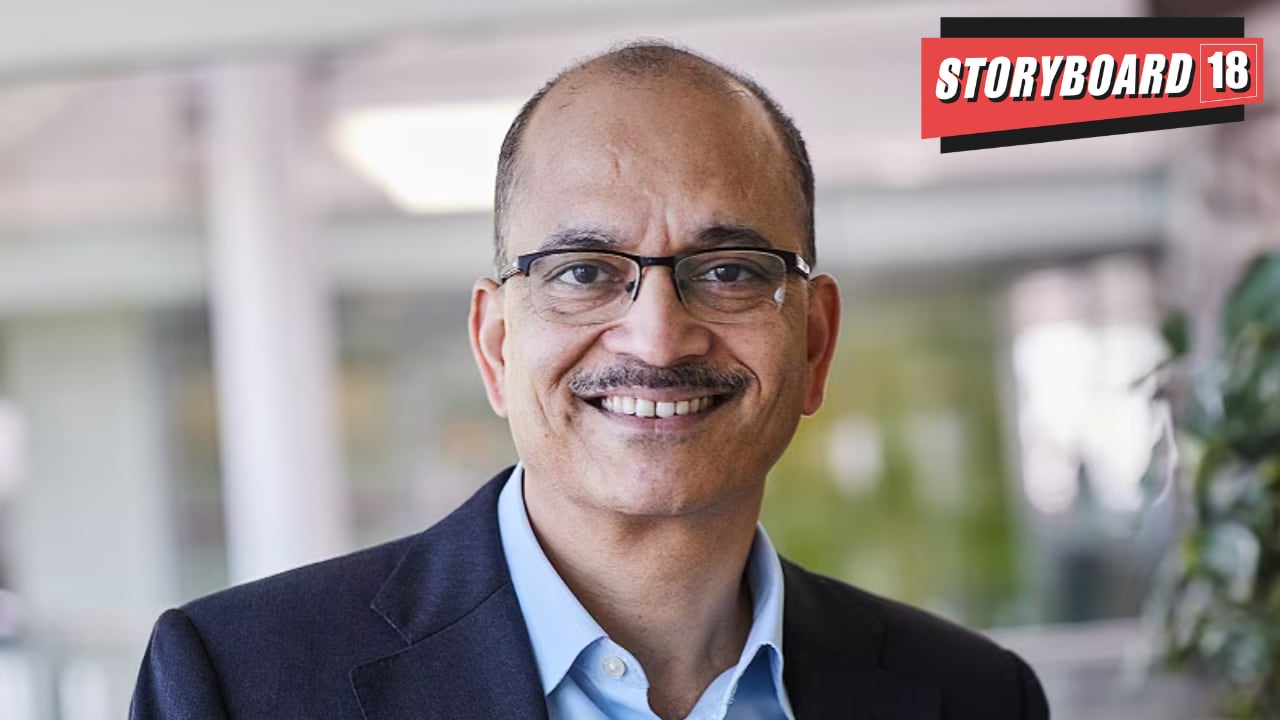Nitin Paranjpe, Chairman, Hindustan Unilever Limited (HUL), while addressing shareholders at the Company’s 91st Annual General Meeting held today, said that India’s young and growing working age population could prove to be the country’s greatest asset in its future growth journey and added, “With thoughtful nurturing and development, this can unlock incredible rewards for India and Indians. It is our demographic dividend – the human capital above all capital.” However, he also cautioned that the window of opportunity to reap the rewards will be small.
In his speech titled, ‘Developing Human Capital for a Growing India’, Paranjpe who had formerly been the Chief Transformation and People Officer for Unilever, globally, said that the next phase of the India growth story needs to be employment-led.
To accelerate employment generation, Paranjpe said that as a nation, we need to incentivize sectors with higher job elasticity and cited the services sector as well as MSME’s as engines for creating jobs in the future: “…Share of employment generated by MSMEs in most developed nations is over 60% while in India, it is about 45%. We will need to tap the potential of these sectors and to deliver on our vision of a more prosperous India, with no one left behind.”
Developing capabilities to boost human capital
“In parallel to creating jobs to absorb the growing population in the working age, we need to ensure that our working age population is employable,” Paranjpe said and called out four areas of focus: building strong foundational education, providing access to vocational training, continued efforts on re-skilling and upskilling as well as retaining talent in the economy.
Paranjpe highlighted the need to strengthen primary education across the country and mentioned, “Technology can play an important role in educating and skilling those who missed the symbolic ‘school’ bus.” He moved on to talk about the importance of a ‘mindset shift’ towards vocational training that will help in ensuring livelihoods for all, and lifting the economy.
Paranjpe also stressed on the need to re-skill and upskill the nation’s existing workforce. “We need to recognize that with a world that is changing at an unprecedented pace, we need to focus on continuous upgradation of skills in the existing workforce,” he said.
Pointing out the nation’s ‘brain drain’ phenomena, Paranjpe said, “There is clearly a need to make India the ‘country of choice’ for highly skilled talent.” He said that the talent returning back to India will ‘enrich and diversify the talent pool, leading to greater innovation and effectiveness across various sectors.’
The Multiplier Effect: How government and corporates can collaborate
Paranjpe urged India Inc to join hands with the government in order to make a significant impact that is required to achieve India’s growth ambition. Talking about HUL’s actions in the area, he commented, “We believe that we are a microcosm of the nation and that our small steps in building human capital will one day make a big difference through a trickle down effect impacting our suppliers, our partners and the larger ecosystem.”
He moved on to quote several examples of actions undertaken by HUL to build Human Capital not only across its value chain but also in communities. Giving an example of HUL’s Sumerpur factory, Paranjpe said, “We took significant efforts in creating a safe space for women workers on the shopfloor. In the developing district of Hamirpur, we have women who make up 40% of our workforce. This had a ripple effect in the community – there has been a 55% increase in women cumulatively enrolling for technical programs and higher studies in schools, colleges and ITIs in and around Sumerpur.”
To conclude, Paranjpe, reiterated the importance of human development in a nation’s journey and said, ‘We have to ensure that we not only progress on economic, but also on social indices… We have to, together, build an India that we can all be proud of. And we have to do it now.”
